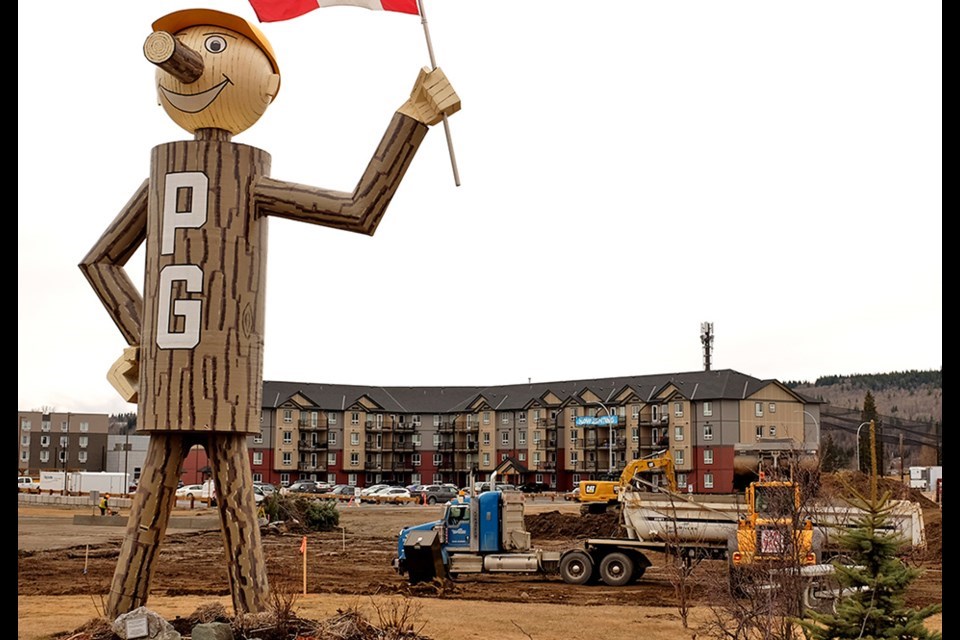Axe the tax. Build the homes. Fix the budget. Stop the crime.
This appears to be Conservative leader Pierre Poilievre’s mantra. Nice, easy, succinct sound bites which play well in the media and at rallies.
They are also motherhood-and-apple-pie statements. That is, they are statements most people would find it hard to disagree with. Most political parties are built on the same foundation.
The Bloc Quebecois is not about to argue that we shouldn’t stop crime nor is the NDP going to make the argument that building homes is something we shouldn’t be doing.
But as the basis for an election campaign, are these really the statements we want to hear? Axe the tax? Just the carbon tax? Sounds good but how then do we wean ourselves off fossil fuels and onto “cleaner” forms of energy?
I am not a big proponent of the carbon tax. I have written about how it was the wrong strategy.
But if government is going to impose a carbon tax, then that money should be spent on measures which will result in a reduction in carbon emissions such as high efficiency furnaces in every new home, research into alternative energy sources, and de-carbonizing our infrastructure.
Perhaps more importantly, what we actually have is government handing back to low-income Canadians in the form of a rebates and subsidies. If the tax is axed, what happens to these cheques? Do people depending on these funds simply no longer get them? Or would the government pull funds from other programs?
How many people in Prince George receive refunds and what impact would losing them have on their budgets? Saying “axe the tax” is one thing but the implications of doing so could seriously impact a lot of low-income families.
Similarly, “build the homes” sounds simple enough. However, there are currently not enough qualified construction workers to keep up with demand.
I have been told Prince George needs 1,800 new homes. If developers are completing one per day, that is a five-year project. And by that time, our population will have grown enough to demand more houses.
However, it is not simply a case of trying to match supply with demand. The costs of building a home includes whole layers of infrastructure, increased use of services, and additional demands on water, electricity, roads, and health care.
Where does the money come from? Particularly as Prince George and most major cities are suffering from a deficit in infrastructure funding.
In addition, the homes which need to be built also need to be affordable.
A $400,000 house is out of reach for many average working Canadians, let alone $700,000 or $800,000 houses such those being built in the city. It is all well and good to say “build the homes” but how exactly is this to be done? By whom? And by when?
I could go on but the point is that three-word election slogans might sound good but what we really need are substantive solutions to the issues we face. Real policy and actions will leave the world a better place for our children and our grandchildren.
Todd Whitcombe is a chemistry professor at UNBC.



